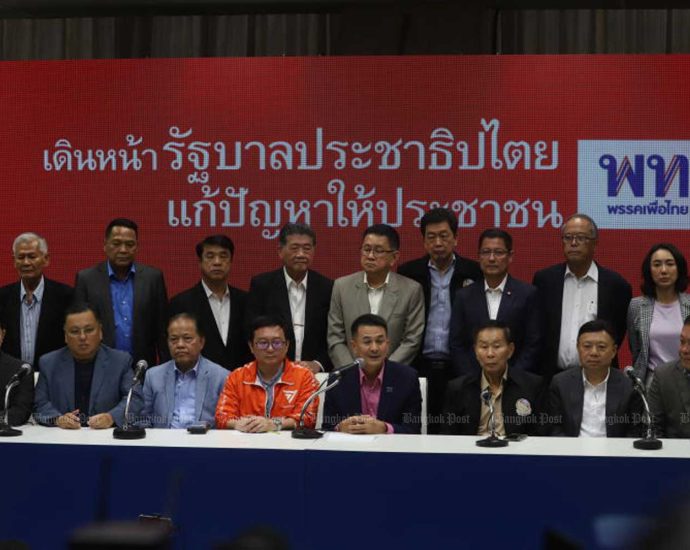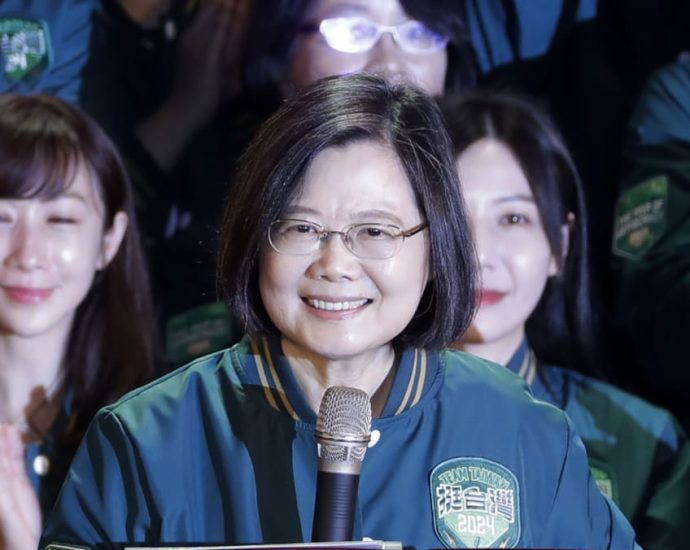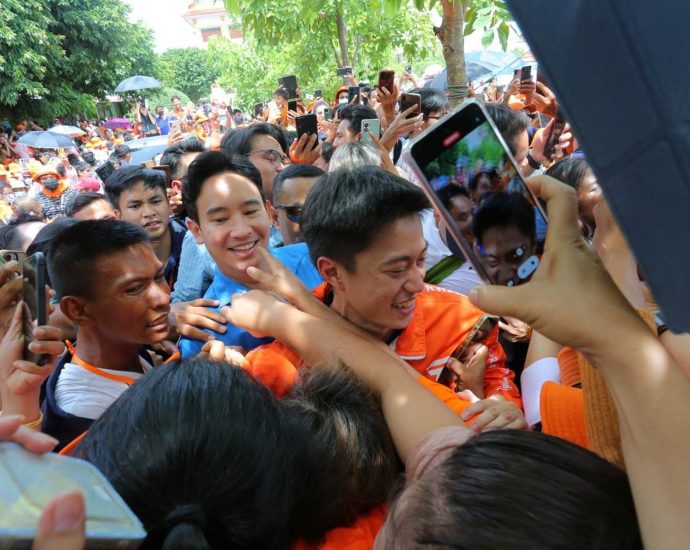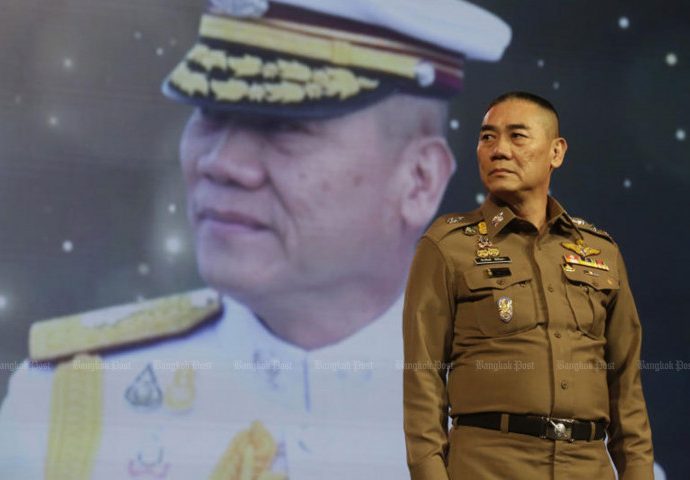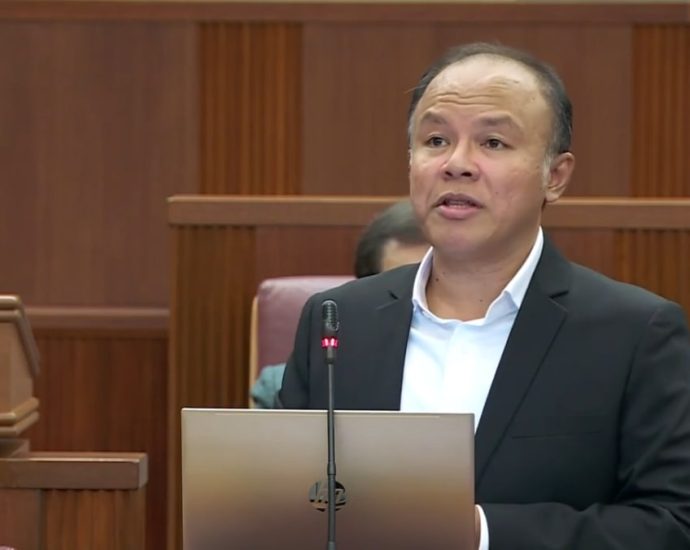Why US is lagging behind China in AI race

China is rapidly closing in on the United States’ lead in artificial intelligence, with US underfunding and reluctance to incorporate civilian AI firms into the defense sector out of cost-saving, giving self-inflicted disadvantages.
This month, Defense One reported that the Pentagon must act quickly to prevent losing its AI advantages to China’s well-funded advances, according to experts testifying on Capitol Hill and a new report from a government-data company.
Defense One also notes that China is allocating more AI efforts to defense applications, while the US focuses on the consumer sector.
Noting the disparity between the US and China in investments in military AI, the source notes that the People’s Liberation Army (PLA) allocates 1-2% of its budget to AI development. By contrast, the source says the US Department of Defense (DOD) allocates 0.1-0.2% of its budget to AI.
Defense One also notes China’s more significant investment in AI critical research and development, citing a 2023 report by Govini, a data analytics and decision sciences company, that shows a big gap between the top 100 US defense companies and top US AI companies.
The source also noted that the Chinese government’s political fragility and associated strict content controls could compromise the quality of Chinese AI, adding that the best thing the US military could do now is to take stock of its data and use it to train new AI models for operations, manufacturing, transportation and logistics.
China may have many factors in its favor in its AI rivalry with the US, such as its autocratic political system, effective implementation of AI technology, and national determination to upstage the US.
China’s autocratic political system may be working in its favor to speed up its AI development. Christy DeSmith notes in a May 2023 article for The Harvard Gazette that authoritarian regimes would like to predict the whereabouts, thoughts, and behavior of their citizens, mentioning that since AI is primarily a tool for prediction, the purpose of AI and intent of autocratic regimes converge.
She also says China’s large population and market size allow the Chinese government to collect vast amounts of data for analysis, allowing companies with government contracts to use state data to bolster commercial projects.
Effective implementation of AI technology may also be China’s competitive advantage compared with the more laissez-faire approach favored by the US.
In an October 2018 article for Wired, Michelle Groskopf says China is the leader in AI implementation, with speed, execution, product quality, and government support propelling Chinese AI companies to be equal to or ahead of their US counterparts in these areas.
Regarding speedy implementation, Groskopf says China’s entrepreneurs follow a “fail fast, fail early, and fail often” approach, with this rapid prototyping and testing process allowing the quick identification of winners.
She also says China’s autocratic corporate culture, where the CEO usually has absolute power over the company and is unafraid to take risks, makes execution much more effective.
Groskopf says fierce competition pushes Chinese entrepreneurs to improve their products quickly and develop impregnable business models while rapidly embracing new products and paradigms.
In addition, state support paradigms frame the government as a source of strategic guidance, a regulator who intervenes to support proven technologies, and a provider of infrastructure, in contrast to Western paradigms that de-emphasize the role of the government.
National determination also drives China to close its gap with the US in AI development. Roberts and other writers note in a 2021 article in the peer-reviewed journal AI & Society that China’s 2017 strategy for developing AI outlines the country’s ambitions to become an AI world leader by 2030, monetize AI into a US$150 billion industry, and become a driving force setting international norms and standards for AI.
Given that, Beijing’s strategic focus and investment in military and commercial AI technology present the most significant challenge to US technological dominance since the era of the Soviet Union.
Despite those factors favoring China in the AI supremacy race, the US still has some trump cards, which, if played wisely, can twist the competition.
Innovation is one of the United States’ enduring strengths in the race to maintain its lead over China in AI.
Andrew Imbrie and other writers note in a January 2020 policy brief for the Center for Security and Emerging Technology (CSET) that America’s innovation advantage has emerged under unique historical and institutional conditions that have been difficult to copy elsewhere, since the combination of labor and capital can promote technological advances and enable entrepreneurship, which requires tolerance for risk and failure.
They highlight the vital need for the US to leverage its labor and capital toward new and innovative concepts, utilizing its top-tier universities and businesses, superior living standards, competitive compensation, and adherence to human rights and democratic principles.
Further, Lauren Kahn notes in an October 2021 article for the Council of Foreign Relations that the private sector drives AI development rather than the defense sector. She notes that while singularly applicable technologies to military purposes diffuse more slowly, multi-use technologies such as AI have added market incentives to accelerate their development.
The US is also home to many of the world’s most valuable companies engaged in cutting-edge AI research, such as Google, Meta and Microsoft, to name a few.
In line with that, Tasha Austin notes in an October 2022 Wall Street Journal article that the US government has prioritized AI innovation, promoting entrepreneurship in cognitive technologies by funding projects, passing legislation, and providing the advanced critical infrastructure necessary for advanced AI development.
She highlights that despite the obstacles faced by smaller entrepreneurs and businesses, who are vital for innovation in commercializing their technologies and establishing a stable business position, the US government can play a crucial role by serving as a purchaser, regulator, and infrastructure facilitator to foster a conducive environment for the success of small and emerging AI technology companies.
Despite occasional controversies, the US remains a leading destination for immigrant AI specialists. Stuart Anderson notes in a March 2021 article for Forbes that in 2013, the US had 15 times as many immigrant inventors as American inventors were living abroad, contrasting that with such countries as Canada, Germany and the UK, which all maintain a net negative inventor immigration rate.
Anderson also says that other US immigration advantages in AI competition, such as an open society, financial resources, and hardware, are hard for other countries to replicate.
Cabinet approves extra day off, allows 6-day holiday
PUBLISHED : 25 Jul 2023 at 14:02

The caretaker cabinet on Tuesday approved the cabinet secretariat’s proposal to declare Monday July 31 a special government holiday, creating a six-day vacation period from July 28-Aug 2 to spur tourism.
July 28 is His Majesty the King’s birthday, Aug 1 is Asana Bucha Day and Aug 2 the beginning of Buddhist Lent, all government holidays. The extra day makes it an uninterrupted six day-weekend for government employees.
A spsokesman said it was hoped the long holiday would encourage people to travel, which would boost the overall economy.
Eight-party meeting cancelled
PUBLISHED : 25 Jul 2023 at 13:55
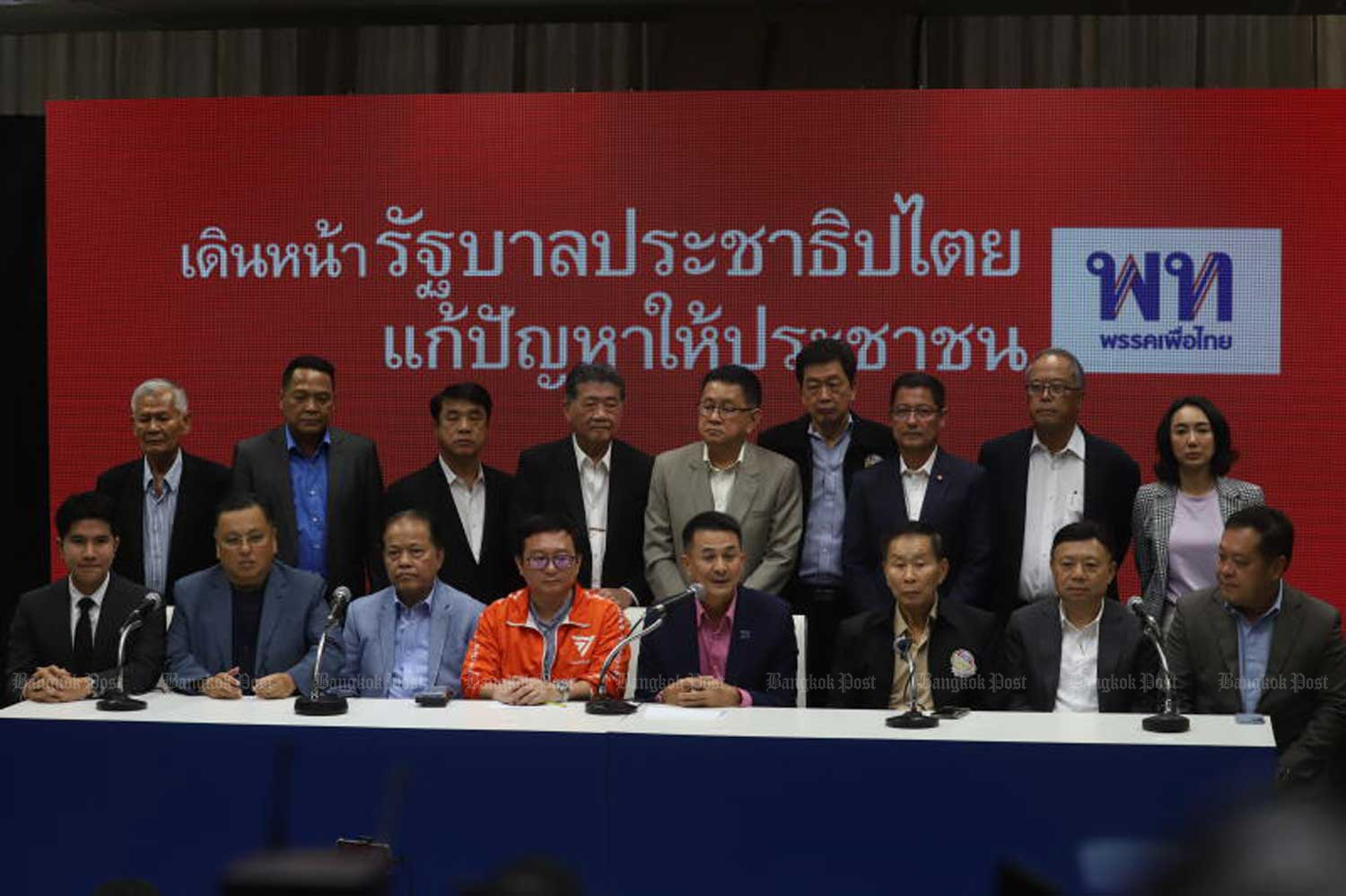
Tuesday’s meeting of the eight political parties intent on forming a new government had been cancelled, the Pheu Thai Party informed reporters in a message sent on the LINE app.
The message said the other seven parties in the alliance had been informed of the cancellation.
The Pheu Thai Party initially made an appointment for the eight parties to meet on Tuesday at 2pm at Pheu Thai headquarters. It later changed the time to 3pm and the venue to the parliament building, only to finally cancel it.
Sources said Pheu Thai had apologised to the other parties for the cancellation. It explained that its assigned task of seeking support from parties outside the alliance, and from senators, in a parliamentary vote to select the new prime minister had not made satisfactory progress.
The eight parties include Move Forward, Pheu Thai, Prachachat, Thai Sang Thai, Seri Ruam Thai (Thai Liberal), Fair, Plung Sungkom Mai (New Force) and Peu Thai Rumphlang.
Taiwan President Tsai tests positive for COVID-19
TAIPEI: Taiwan President Tsai Ing-wen tested positive for COVID-19 on Tuesday (Jul 25), the presidential office said, adding her itinerary for Tuesday afternoon has been cancelled. Tsai felt “minor discomfort” and tested positive after having a rapid test, the office said in a statement. “The president is currently showing mildContinue Reading
Pita’s bodyguard suspended over criminal record
PUBLISHED : 25 Jul 2023 at 13:52

The Move Forward Party has suspended a bodyguard employed for leader Pita Limjaroenrat after it was revealed he is a convicted police imposter and extortionist.
MFP secretary-general Chaithawat Chulanon said on Tuesday that he suspended Sisuriyen Sikamolpakdee following reports on social media the man had previously pretended to be a narcotics suppression officer and abducted a grocer he assaulted and extorted out of about 270,000 baht in cash and valuables.
Mr Sisuriyen was suspended pending further investigation, Mr Chaithawat said.
The bodyguard was initially admired by social media users for his service to Mr Pita during the election camaign. Ony later was his record exposed.
The head of the police team who arrested him was Pol Maj Gen Supisal Pakdinaruenart, former commander of the Crime Suppression Division and presently deputy leader of MFP.
Pol Maj Gen Supisal said he had arrested the man in 2011 after he had threatened the victim, assaulting him and extorting 276,800 baht in cash and other valuables.
The man had been sentenced to 12 years in prison and was released in 2017 after his sentence was commuted. He changed his name several times and was recruited as a bodyguard by a security firm in 2019, the MFP deputy leader said.
Pol Maj Gen Supisal said Mr Pita had not been aware of his bodyguard’s criminal record because he was supplied by the security firm.
The MFP deputy leader said he until recently even thought the bodyguard was a former police officer, because of his short hair and good personality.
Mr Sisuriyen did not appear to be aggressive and everyone, including former convicts, deserved employment opportunities, Pol Maj Gen Supisal said.
Lee Hsien Yang issued POFMA order over Facebook post on Ridout Road rentals, SPH circulation data
SINGAPORE: A correction direction has been issued to Mr Lee Hsien Yang over comments he made on Facebook about the Ridout Road state properties rented by two ministers, as well as the inflated SPH circulation numbers. Mr Lee’s Facebook post on Jul 23 contained untrue statements, the Ministry of LawContinue Reading
Leonardo DiCaprio praises Indian man for discovering new fish in a bucket
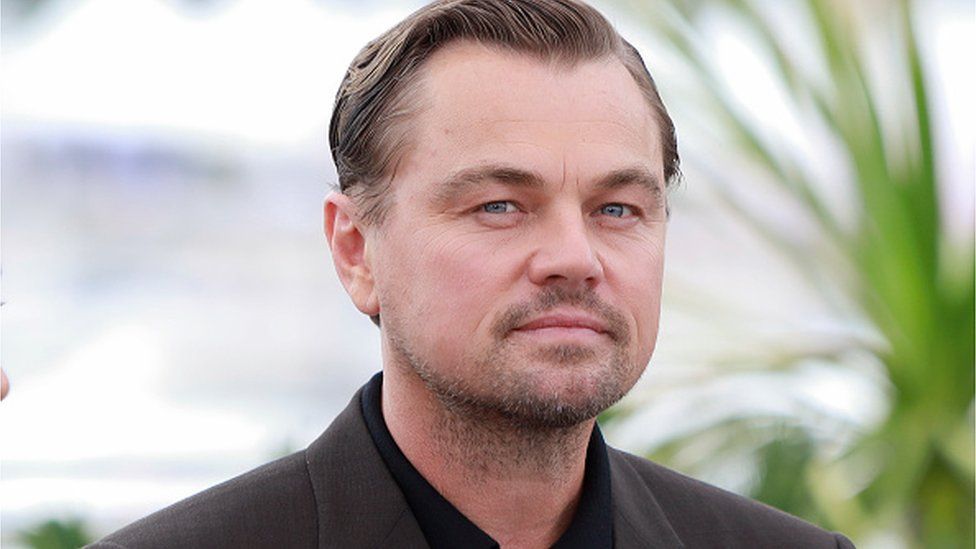 Getty Images
Getty ImagesAn Indian man who discovered a rare new species of fish almost three years ago has found renewed fame after Hollywood superstar Leonardo DiCaprio praised his discovery online.
Abraham A, a former paramilitary soldier from the southern state of Kerala, found a new species of subterranean fish called Pathala Eel Loach in 2020.
Also known as the Pangio Pathala, the Pathala Eel Loach derives its name from the Sanskrit word Pathala which means “below the feet” – a reference to the fish’s subterranean nature.
The dark pink in colour, small and snake-like species dwell in the state’s underwater aquifers and are tricky to find.
Mr Abraham, who lives in Chengannur in Alappuzha district, said the discovery was a chance encounter – he was taking a shower when his eyes fell on “a red thread in the bucket”.
Intrigued, he scooped it in a mug to take a closer look and found the thing was moving.
Mr Abraham grabbed the closest glass jar, placed the fish inside and contacted a local college professor, Dr Binoy Thomas, who put him in touch with the Kerala University of Fisheries and Ocean Studies (Kufos).
In less than a month, researchers at Kufos found three more fish of the same species in Mr Abraham’s well and water tank.
“Then one day, they [the researchers] looked at the top of the water tank with a torch. And they got a fourth one there,” Mr Abraham said.
The fascinating discovery was spotlighted again last week when DiCaprio put out a colourful picture of the Pathala Eel Loach and praised Mr Abraham on Instagram.
“The wild is all around us and sometimes all it takes to discover a new species is going about a normal day,” the actor said.
The discovery, DiCaprio wrote, showed “how citizen science” was the “key for researchers to study these unknown, underground ecosystems”.
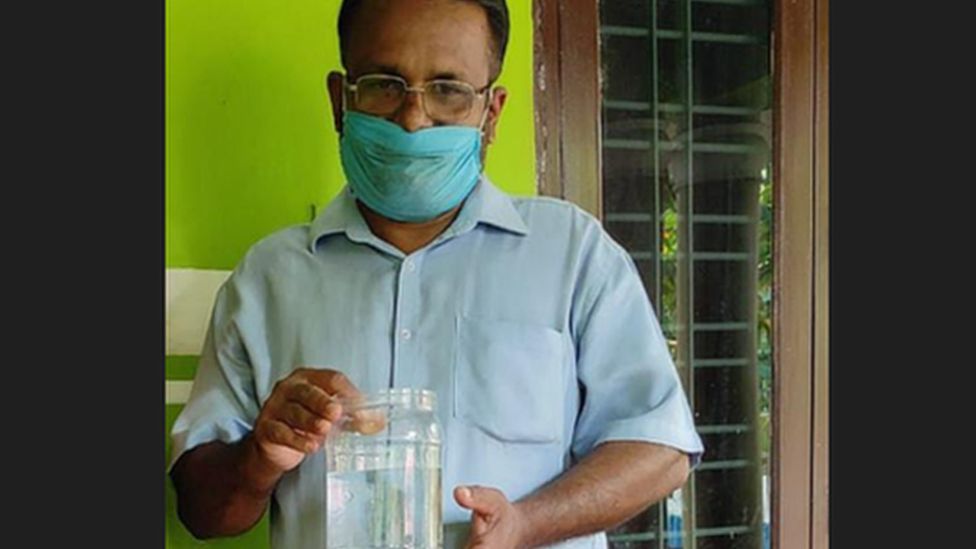
Normally, fish live in rivers, lakes or other surface waters – but Pathala Eel Loach belongs to an important group of subterranean fish which live in groundwater.
“We have around 17 to 18 such species in India and at least 11 of these are in Kerala,” Dr Rajeev Raghavan, an assistant professor at Kufos, told BBC Hindi.
These fish are unique because they are found in very few parts of the world, primarily in China – which has the largest number of groundwater fish – followed by Mexico and India.
In India, a few groundwater species are found in Maharashtra, in north-eastern states like Meghalaya, Mizoram and Assam, and in the eastern state of West Bengal.
“Since these fish are found in groundwater, it is difficult to catch them. The only way to get them is when they accidentally come out through taps because they live in aquifers,” Mr Raghavan said.
The aquifers are connected to wells and when the wells go dry in summer, the fish appear in tap water and household wells. Kerala, part of the southern Western Ghats, has the highest density of homestead wells in India, with close to seven million wells in the state’s highland and midland areas.
In Mr Abraham’s case the fish is believed to have gone from the groundwater into the well and from there to the water tank on the roof, before landing in his bucket.
“It is an accidental opportunistic kind of sampling,” said Dr Raghavan.
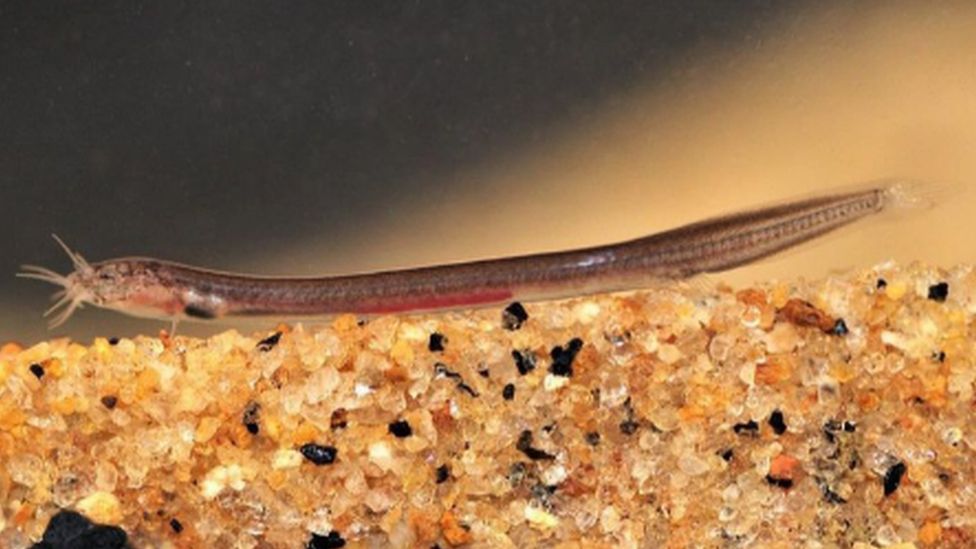
The scientist adds that not much was known about the group of fish that live in groundwater until the 1950s. And their existence in Kerala was only confirmed in 2015 when Kufos started studying them under a project funded by the Kerala government.
The university launched a Citizen Science Network to create awareness among people that such fish might just land up through taps or in the bottom of their wells when they go dry.
“We told them to call us or send us a message. That is how we have gone and collected more than 150 specimens of all the 11 species,” Dr Raghavan said.
Scientists say the discovery of Pathala Eel Loach is also significant from an evolutionary point of view.
“Most groundwater fish are very ancient,” Dr Raghavan said, adding that a study of one of the 11 species found in Kerala found their origin dating back 125 million years – an era when dinosaurs still roamed the Earth.
“This means that all these groundwater fish are trapped in underground systems have been around for millions of years,” he said.
For Mr Abraham, the discovery was special from the beginning.
But it became even more special after DiCapiro’s message. “Such a big man has taken my name. I am elated and very happy,” he said.
BBC News India is now on YouTube. Click here to subscribe and watch our documentaries, explainers and features.

Read more India stories from the BBC:

Ex-police chief Chakthip accused of graft in biometrics procurement
PUBLISHED : 25 Jul 2023 at 12:32

The National Anti-Corruption Commission plans to file charges against former national police chief Pol Gen Chakthip Chaijinda and three other high-level officers in connection with the 2.1 billion baht purchase of biometrics equipment for the Immigration Police Bureau (IPB) in 2019, a police source said.
The NACC will send a letter notifying Pol Gen Chakthip and the other officers of the charges and summons them to testify in their defence before finalising its investigation report, the source said.
The case emerged when Sittra Biabungkerd, secretary-general of the People’s Lawyers Foundation, petitioned the NACC to investigate the biometrics procurement project after it was found the equipment did not meet the specifications in the terms of reference.
The company contracted to supply the equipment was also unable to deliver it to the Royal Thai Police Office (RTPO) in six consignments within 66 days, by May 2, 2019, as stated in the contract.
Despite these shortcomings, the RTPO agreed to accept the equipment and extended the handover deadline to June 30, 2019 so the supplier did not have to pay a fine of 5 million baht a day.
In addition to Pol Gen Chakthip, the other police officers implicated are Pol Lt Gen Tinapat Phumarin, the then commissioner of the Office of Logistics who approved the purchase, Pol Lt Gen Sompong Chingduang, the then commissioner of the IPB, and Pol Maj Gen Surapong Chaichan, the then deputy commissioner of Provincial Police Region 7 who extended the deadline in favour of the supplier.
In 2020, Pol Lt Gen Surachate Hakparn, a former IPB commissioner who was then an RTPO adviser, was called by the NACC to testify as a witness.
Pol Lt Gen Surachate said then that about 40 other people were also summonsed to testify.
Biometrics is the measurement and statistical analysis of people’s unique physical and behavioral characteristics. The technology is mainly used for identification and access control and to identify individuals under surveillance.
Workers’ Party MP Faisal Manap hospitalised in intensive care for cardiac condition
SINGAPORE: Workers’ Party Member of Parliament Muhammad Faisal Manap was warded in hospital on Monday (Jul 24) night for a cardiac condition. “His condition is stable and he is being monitored and cared for in the Intensive Care Unit. Mr Faisal is conscious,” the party said on Tuesday in a statementContinue Reading
TikTok: Chinese platform challenges X and Threads with text-only posts
 TikTok
TikTokVideo streaming app TikTok says it will offer text-only posts as it becomes the latest technology giant to challenge X, Elon Musk’s rebranded Twitter platform.
The Chinese-owned app says the new feature gives users “another way to express themselves”.
Earlier this month, TikTok launched a new music streaming service to rival platforms like Spotify and Apple Music.
The announcement comes as Twitter ditched its famous blue bird logo and switched to a black and white X.
TikTok users will now be offered three options on the app – whether to post photos, videos or text.
They will also be able to customise posts by adding sound, location or Duets, which are video reactions to posts by other TikTok users.
“These features make it so your text posts are just as dynamic and interactive as any video or photo post,” TikTok said in a statement on Monday.
It came just weeks after TikTok, which is owned by China’s ByteDance, launched a new music streaming service, TikTok Music, in Brazil and Indonesia.
Last week, the company also rolled out a beta version of the service in Singapore, Mexico and Australia.
A spokesman said it would allow users to “listen, share and download the music they have discovered on TikTok, as well as share their favourite tracks and artists with their TikTok community”.
The app is testing other features including a new landscape mode with select users around the world.
Popular social media platforms such as Meta’s Facebook, Instagram and Threads, as well as Mr Musk’s X, already support text posts.
Earlier this month, Meta boss Mark Zuckerberg said his company’s Threads platform had signed up more than 100 million users in less than five days.
On 5 July, Threads went live on Apple and Android app stores in 100 countries, including the UK.
Also this week, the blue bird on social network Twitter was replaced by a logo featuring a white X on a black background.
The term tweets will also be changed to “x’s”, according to Mr Musk.
Related Topics
-
-
3 hours ago

-
-
-
17 hours ago

-
-
-
15 December 2022

-



